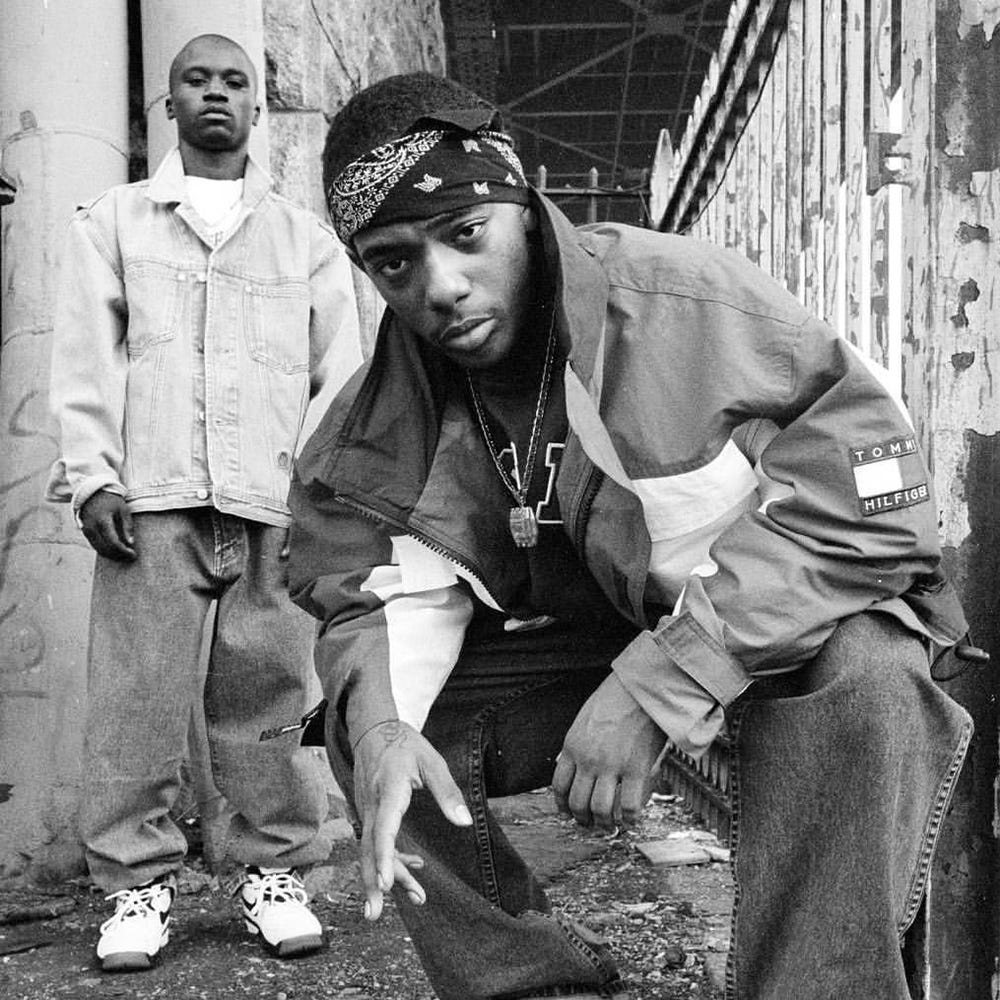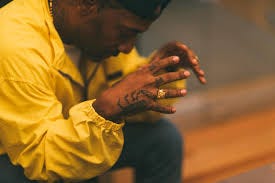Hip-hop, a genre that originated in the Bronx during the 1970s, has seen countless artists rise to stardom, each bringing their unique style and influence to the forefront. Among these legendary figures stands Prodigy, one-half of the iconic hip-hop duo Mobb Deep. Prodigy's influence on hip-hop extends far beyond his music, as he played a pivotal role in shaping the genre and its culture. In this article, we explore Prodigy's profound impact on hip-hop and how his legacy continues to resonate with artists and fans alike.
Prodigy, born Albert Johnson, emerged onto the hip-hop scene in the early 1990s, and his lyrical prowess quickly became his defining feature. His vivid storytelling, gritty narratives, and dark, introspective themes set him apart from his contemporaries. Prodigy's ability to craft intricate rhymes that painted a vivid picture of life in the Queensbridge housing projects was nothing short of remarkable.
Songs like "Shook Ones (Part II)" and "Survival of the Fittest" showcased Prodigy's talent for lyricism and storytelling. His gritty street tales and unapologetic realism resonated with a generation of hip-hop enthusiasts who were hungry for authenticity in their music.
Prodigy's lyrical style was a direct reflection of the harsh realities he faced growing up in Queensbridge, a neighborhood plagued by poverty, violence, and drug addiction. He brought those experiences to life through his verses, giving voice to the struggles of the marginalized and the disenfranchised.
Prodigy and Mobb Deep's impact on hip-hop is particularly evident in the sub-genres of street rap and gangsta rap. Their music was an unfiltered glimpse into the world of street life, capturing the raw emotions and harsh circumstances of their surroundings. Many artists who came after Prodigy and Mobb Deep drew inspiration from their unflinching portrayal of urban life.
Artists like Nas, Jay-Z, and The Notorious B.I.G. were undoubtedly influenced by Prodigy's storytelling abilities and his willingness to delve into the darker aspects of life. Prodigy's contribution to the evolution of gangsta rap, characterized by its gritty, often violent narratives, cannot be overstated.
Prodigy's influence extended beyond the confines of hip-hop, as he collaborated with artists from various genres, demonstrating his versatility and musical open-mindedness. His work with the electronic duo The Alchemist and their collaborative project, "Albert Einstein," showcased Prodigy's willingness to push boundaries and experiment with different sounds and styles.
In addition to his lyrical prowess, Prodigy was known for addressing social and political issues in his music. His songs often carried messages about racial inequality, police brutality, and the struggles faced by marginalized communities. He used his platform to shed light on these issues and advocate for change, making him a socially conscious figure in hip-hop.
Tragically, Prodigy passed away in 2017, but his legacy in hip-hop continues to thrive. His influence can be heard in the music of countless contemporary artists who draw inspiration from his storytelling abilities, his unapologetic realness, and his willingness to tackle challenging topics.
Artists like Kendrick Lamar, J. Cole, and Joey Bada$$, known for their thought-provoking and socially conscious lyrics, have acknowledged Prodigy's impact on their own work. Prodigy's ability to balance street narratives with introspection and social commentary has left an indelible mark on the genre.
Prodigy's influence on hip-hop goes far beyond his impressive discography. He was a storyteller, a poet, and a voice for the streets. His lyrical brilliance, unapologetic realism, and willingness to confront difficult subjects have left an enduring legacy in the world of hip-hop. Prodigy's influence is felt in the music of today's artists who continue to carry the torch of authenticity and storytelling in the genre, ensuring that his legacy lives on for generations to come.










